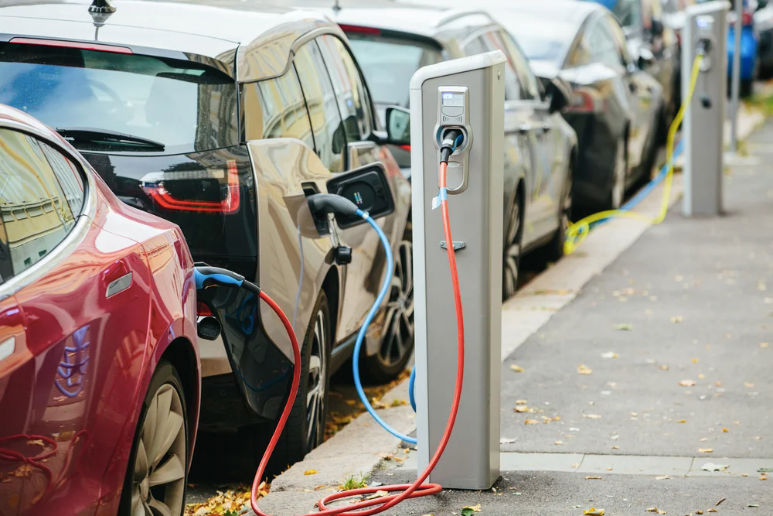
The US Environmental Protection Agency (EPA) is today expected to announce new regulations which will require 67% of all vehicles sold in the US to be electric by 2032.
A source told the New York Times that the requirements will ensure that between 54% and 60% of all vehicles sold in the US will be electric vehicles (EVs) by 2030 and between 64% and 67% by 2032. Only 5.8% of the vehicles sold in the US in 2021 were fully electric.
Millions of new electric charging facilities will be required to support the mass adoption of EVs. McKinsey estimates that if half of the vehicles sold in the US were electric by 2030, 1.2 million public EV chargers and 28 million private EV chargers would be required by that year.
Maria Michalos, a spokeswoman for the EPA, said in a statement last Friday that the agency was working towards new targets to “accelerate the transition to a zero-emissions transportation future, protecting people and the planet”. She did not confirm the target of 67%.
The targets will not require a certain percentage of vehicle sales to be EVs, but instead impose emissions restrictions. However, the emissions restrictions are expected to effectively require a 67% increase in EV sales by 2032, a source told the New York Times.
In June 2022, the US Supreme Court issued a new ruling which stated that the EPA cannot put state-level caps on carbon emissions under the 1970 Clean Air Act; instead such decisions must come from Congress. The move sparked concern over the EPA’s ability to regulate in other areas.

US Tariffs are shifting - will you react or anticipate?
Don’t let policy changes catch you off guard. Stay proactive with real-time data and expert analysis.
By GlobalDataEPA regulations to incentivise electric vehicles
The recent Inflation Reduction Act (IRA) already provides up to $7,500 in tax incentives for car buyers who choose electric models. The new regulations from the EPA are expected to work alongside the IRA incentives.
President Joe Biden hopes that the measure will support the domestic automotive industry through the creation of new clean energy jobs. However, Mark DePaoli, a leader of United Auto Workers Local 600 told the New York Times: “We’ve dealt with the loss of jobs before through technology, but when you talk about the speed of this, it’s hard to fathom that we won’t lose jobs”.
The EU has seen an ongoing dispute over its measures to ban the sale of new internal combustion engine-powered cars within the bloc by 2035. Canada and the UK have made similar proposals to the EU.
The US announcements come as, Tesla, the world’s biggest EV maker, announced plans to build a battery factory in Shanghai, despite Biden’s attempts to reduce US dependence on China for manufacturing and technology.
According to the International Energy Agency, keeping global temperature rise to 1.5⁰C means about 60% of new light-duty vehicle sales will need to be electric by the end of the decade.


